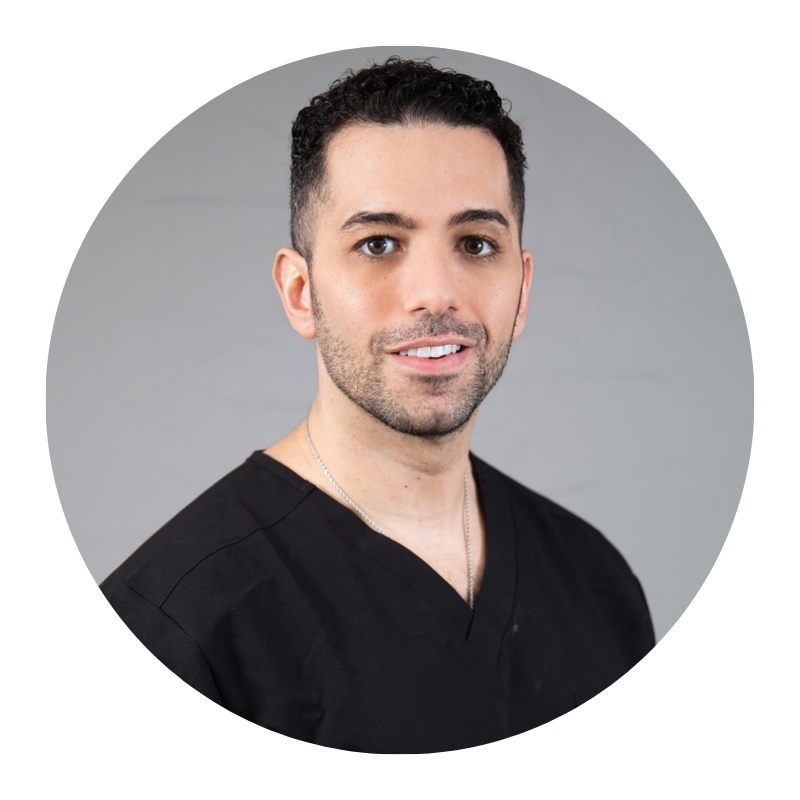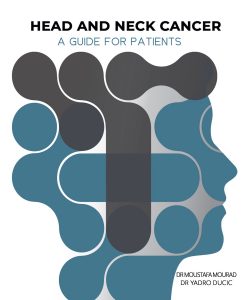Allergy season can be a brutal time of year for some people, with allergic reactions to things like grass and pollen causing congestion, discomfort, and other irritating symptoms affecting the nose and respiratory system. Maybe you’ve more or less accepted seasonal allergies as a fact of life, but if they’re causing you problems year after year, an ENT doctor may be able to help.
How do seasonal allergies affect the nose?
Seasonal allergies are caused by the body becoming hyperresponsive to allergens which are present in the environment during certain times of year. Depending on the time of year that you experience symptoms, different allergens can be the triggering agents. Regardless of the allergen or the time of year, seasonal allergies tend to affect the nose in very similar ways. Typical symptoms include sneezing, watery eyes, itchiness, nasal discharge (typically clear and thin mucous), difficulty breathing, and nasal congestion.
Allergies can cause enlarged turbinates – could this become a permanent condition?
Enlarged turbinates related to allergen sensitivity can usually be reversed through use of anti-inflammatories like topical and oral steroids, or through minimizing exposure to offending agents.
Can turbinate reduction help with alleviating seasonal allergies? When is surgical intervention needed when it comes to treating seasonal allergies?
It is important to understand what the turbinates are in order to understand the role of turbinate reduction. The turbinates are small turbine- or shell-shaped bones in the nose that are lined with sensors. The turbinates and their sensors are the first to experience and sample the air that is inspired into the nose. They act as the body’s thermostat, testing the air for irritants (chemicals, allergens, dust), temperature, and humidity. The turbinates act and respond to the environment, attempting to alter the air quality and content before it enters the lungs. For example, if the air is too cold, the turbinates may increase in size in order to warm the air before it enters the lungs. You experience this enlargement as congestion.
Sometimes the turbinates can be too sensitive, overreacting to mild stimulation that leads to chronic nasal congestion and nasal discharge. This often happens in people with seasonal allergies. The turbinate sensitivity is too high, and small amounts of allergens in the air lead to strong stimulation of the turbinates that become chronically enlarged and congested. The best way to counteract this overstimulation is by decreasing, or “turning down,” the sensitivity. This can usually be accomplished through the use of medications such as antihistamines and steroids. Turbinate reduction through surgery can also help to alleviate and reduce the sensitivity of the turbinates to certain allergens. However, the best treatment is generally to reduce exposure to allergens or medically manage turbinate sensitivity.



